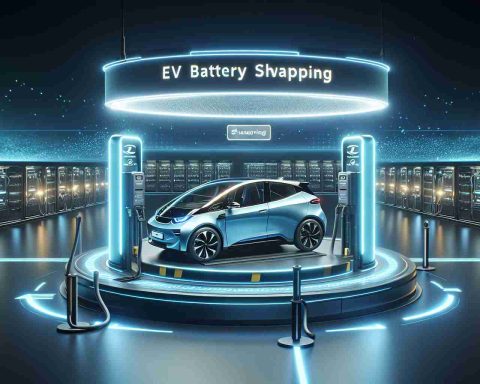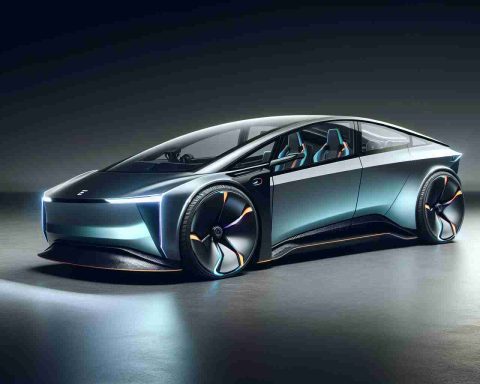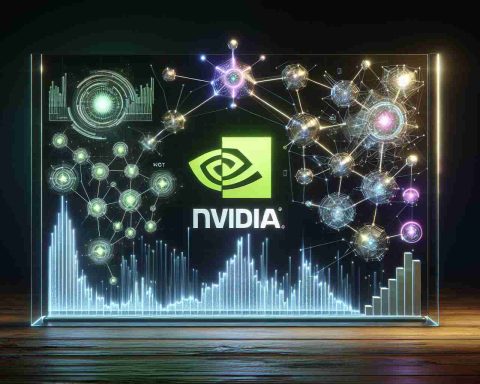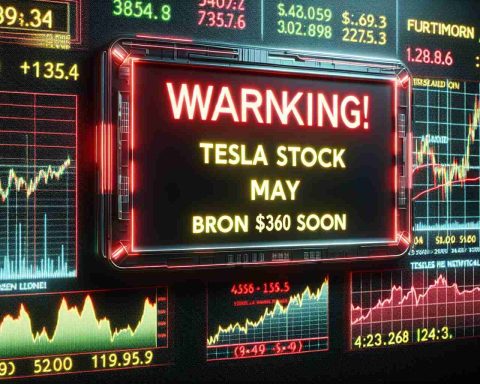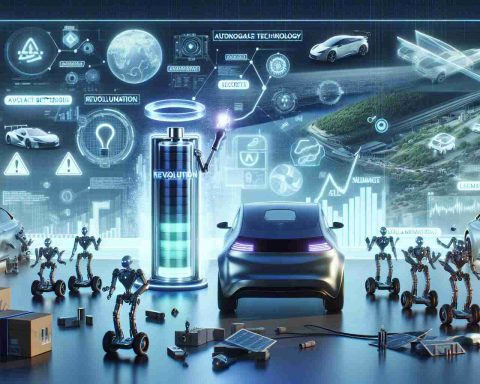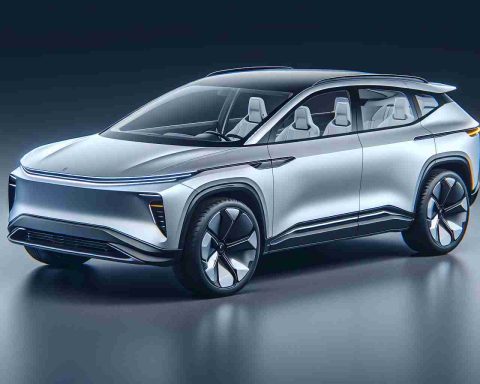In a surprising twist, Eyad Asmar, a proud Cybertruck owner, successfully navigated Tesla’s buyback process after battling persistent issues with his vehicle. Instead of pocketing the refund, Eyad plans to upgrade to a luxurious model.
Eyad expressed his triumph in a Facebook group dedicated to Cybertruck enthusiasts. After numerous complaints about his problematic Foundation Series Cybertruck, he reached an agreement with Tesla to repurchase the vehicle without resorting to Lemon Law processes. He now faces a tough decision: should he choose a newer Foundation Series version with added features or opt for a 2025 model while customizing it with premium options?
Many curious Cybertruck owners, eager to learn his secret, directed their questions to Eyad. He shared that he began with his service advisor, who was taken aback by his patience throughout the repair attempts. After escalating the issue within Tesla’s team, he placed trust in the company to resolve the matter amicably, which they did.
Eyad endured significant issues, particularly a severe vibration at highway speeds that stumped Tesla technicians. Despite changes to vital components, the problem persisted, prompting the buyback decision.
Ultimately, Tesla refunded all his expenses, deducting a mere 30 cents per mile driven. Eyad’s situation stands in stark contrast to other owners struggling with depreciation, leading him to invest in a new tri-motor Cybertruck while remaining hopeful for a better experience ahead.
Repercussions of Tesla’s Customer Service and the Electrification Movements
Eyad Asmar’s successful navigation of Tesla’s buyback process signifies more than just a personal victory; it highlights broader implications for consumer rights in the automotive industry and the evolving standards of product accountability. With electric vehicles (EVs) like the Cybertruck leading the charge, the response of automakers to customer concerns could shape consumer expectations across the board. As manufacturers face increasing scrutiny over their products’ reliability, a culture of responsiveness may emerge, potentially setting new benchmarks for industry standards.
Moreover, the shift towards electric vehicles promotes a substantial transformation in culture. As more consumers embrace EVs, traditional automotive paradigms are shifting towards sustainability and innovation. This transition could stimulate a global economic impact, driving demand for skilled labor in the burgeoning EV sector and incentivizing research into cleaner technologies.
However, the environmental ramifications cannot be overlooked. The rapid mass production of EVs, without adequate recycling options for batteries, could exacerbate existing ecological issues. As Tesla and others push for enhanced efficiencies, the industries surrounding battery production and disposal will need to evolve to mitigate potential harm.
Looking to the future, trends suggest growing consumer advocacy catalyzing changes in corporate practices. Eyad’s experience could resonate with a generation increasingly invested in transparency and ethical considerations, compelling manufacturers to adopt more customer-centric protocols and eco-friendly manufacturing processes. Ultimately, Asmar’s success may usher in an era where consumer satisfaction is not just a marketing strategy but a fundamental industry ethos.
Unlocking the Secrets of Tesla’s Buyback Process: Eyad Asmar’s Journey
The Tesla Buyback Experience
In a noteworthy development within the Tesla community, Eyad Asmar, a proud owner of a Cybertruck, successfully navigated the company’s buyback process after confronting persistent and challenging issues with his vehicle. His story exemplifies the potential resolution avenues available to dissatisfied Tesla owners, particularly for those experiencing significant vehicle defects.
Eyad’s Journey: From Issues to Upgrade
Eyad’s ordeal began with a Foundation Series Cybertruck that plagued him with problems, notably a severe vibration at highway speeds that left Tesla technicians perplexed. Despite multiple repair attempts and component changes, the issue remained unresolved, leading him to explore his options for a vehicle buyback. Instead of initiating a Lemon Law claim—a process that can often be lengthy and complex—Eyad chose to work directly with Tesla.
After engaging with his service advisor and escalating the situation within Tesla’s team, he was able to negotiate a buyback agreement. This process culminated in a refund of all his expenses, with the only deduction being a minimal fee of 30 cents per mile driven, a factor that positions his story as a beacon of hope for other Tesla owners facing similar dilemmas.
Upgrading to Newer Models
With the refund secured, Eyad finds himself contemplating his next move: to upgrade to a newer Foundation Series cybertruck or to invest in a 2025 model, which would allow him to customize with premium options. This decision reflects a broader trend among Tesla owners who are eager to take advantage of the company’s developing technology and features.
Insights into Tesla’s Buyback Process
How does Tesla’s buyback process work?
Tesla’s buyback process generally involves the following steps:
1. Initial Contact: Owners should contact their service advisor to address persistent issues.
2. Documentation: Maintain a record of all repairs and communications.
3. Escalation: If necessary, escalate the matter within the Tesla team for more significant concerns.
4. Negotiation: Reach an agreement on the buyback, ensuring clarity on any deductions.
What are the advantages of opting for a buyback?
– Quick resolution compared to legal proceedings.
– Full refund of expenses minus a small per-mile deduction.
– Peace of mind to explore better driving experiences with newer models.
Limitations and Considerations
While Eyad’s experience is encouraging, there are limitations to consider:
– Not all vehicles may qualify for a buyback.
– The experience can vary significantly from one owner to another based on specific vehicle issues and Tesla’s response.
– The resale value of earlier models can diminish, which may alarm potential buyers.
Market Analysis and Trends
Tesla vehicles, particularly the Cybertruck, are positioned in a unique segment of the automotive market. Since the announcement of the Cybertruck, interest has surged, indicated by long waiting lists and a robust online community. Market dynamics reveal a growing need for manufacturers to manage customer satisfaction proactively, reflecting on Eyad’s successful buyback initiative.
Looking Ahead
With innovations continuously emerging from Tesla, like enhanced self-driving capabilities and new battery technologies, buyers are optimistic about future models. Eyad’s decision to upgrade illustrates a loyalty trend among Tesla enthusiasts, revealing a hope for improved experiences with every new model.
As Tesla continues to address customer concerns and refine the ownership experience, scenarios like Eyad’s will play a crucial role in shaping buyer confidence and brand alignment in the competitive electric vehicle landscape.
For more information about Tesla vehicles and their customer service approaches, visit the official Tesla website.



